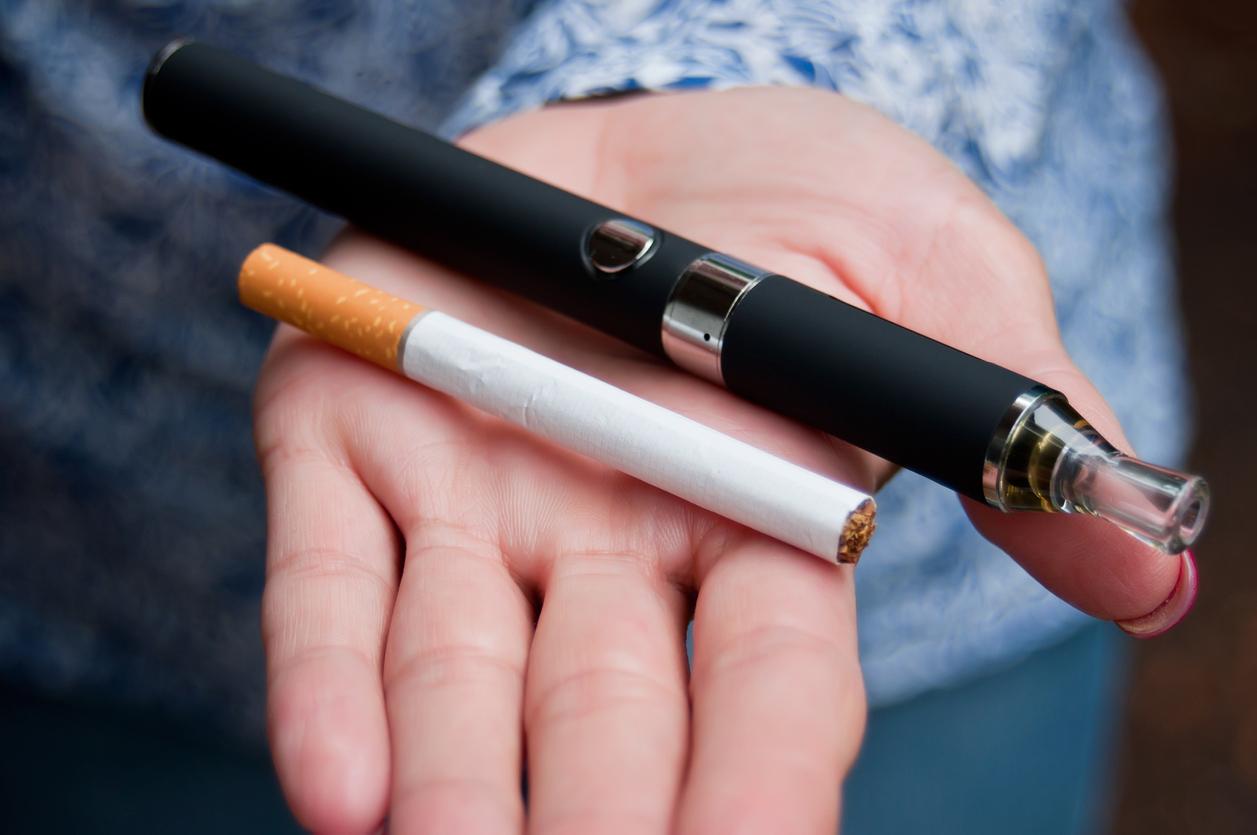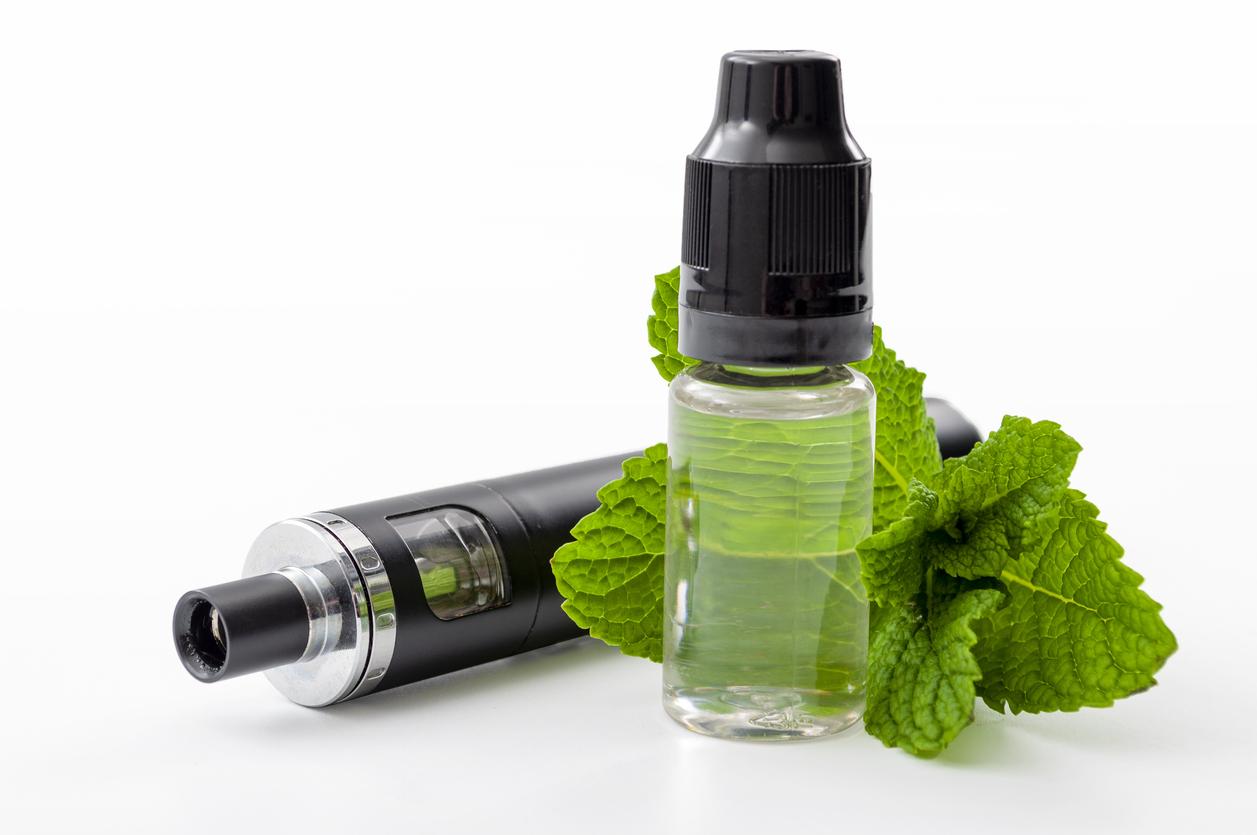Varenicline (the drug Champix) has been shown to be effective in helping reluctant smokers to gradually quit, according to an international study published in JAMA.

To successfully quit smoking, smokers are now using new weapons. More inclined to adopt e-cigarettes, French smokers are increasingly shying away from traditional drugs that promote smoking cessation. The latest figures from the French Observatory for Drugs and Drug Addiction (OFDT) made public at the end of April 2014 indeed showed that sales of Champix (varenicline) had fallen by 40% in one year. A study published in the Journal of the American Medical Association (JAMA) could be a game-changer.
Smokers reluctant to quit
Funded by the Pfizer laboratory, this work was carried out by independent researchers from the Mayo Clinic, a non-profit institution in Rochester, Minnesota (United States).
The 1,500 smokers recruited from ten different countries indicated at the start of the experiment that they were not ready to give up smoking within 30 days. They were, however, more likely to try to quit smoking more gradually, within three months.
Very encouraging results at 6 months
And varenicline has been shown to be effective in these stubborn smokers. After a month of treatment, participants were more than twice as likely to quit smoking than those who were not taking the drug. Better still, after six months of this treatment, which fights nicotine addiction by acting on certain receptors in the brain, participants were at least four times more likely to have quit smoking (32.1%) than those in the group. control treated with a placebo (6.9%). For Prof. Bertrand Dautzenberg, pulmonologist at Pitié-Salpêtrière, these results show that doctors must take care of smokers, even when they do not wish to quit smoking.
Listen to Prof. Bertrand Dautzenberg, pulmonologist at Pitié-Salpêtrière: ” They selected smokers who did not want to quit. In view of these results, doctors will understand that they must also help these people not motivated by… “
More side effects than with placebo
Only downside in this work, severe side effects were reported in 3.7% of smokers treated with the molecule, against 2.2% in those who took a placebo. “This clinical study is important because it paves the way for the treatment of some 14 million smokers who are unwilling to quit abruptly but seek first to reduce their consumption in order to then quit smoking altogether. Said Dr. Jon Ebbert, deputy director of research at the Center for Nicotine Dependence at the Mayo Clinic, the lead co-author of this study. He adds: “It is an effective and safe approach to increase the number of people who permanently quit smoking. “
A message full of hope taken up by Professor Yves Martinet, president of the National Committee against Smoking (CNCT) who is satisfied with the results of this study.
Listen to Prof. Yves Martinet, president of the CNCT: ” The key message of the study is: “if you think you won’t be able to quit smoking overnight, that’s okay. You will gradually decrease your consumption.… “
.















